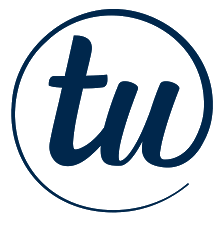
If you’re about to graduate, or are on track to graduate within the next 4 years, you’ve probably been given a good ol’ talking to about how important your resume is. Chances are your school has already buttered you up with all of their professional resume and cover letter tools. This is of course all dependent on what you studied, what career you’re looking to get into, and a whole slew of other factors, but in general most people will have been properly hammered about how you need a nice and spiffy resume. But why should you care, and for that matter, why should you listen to me? Take it from a kid who worked many a shifts at a pizza joint after high school. Your resume could mean the difference between being a driver and racking up enough tips that you’ll feel like Scrooge McDuck jumping in his pool of gold, or cutting up all the extra inedible pizza excrements in the back room. I won’t tell you what job I got, but you can use your imagination.
The point is that a good resume that serves as a reflection of yourself and all the wonderful, amazing accomplishments and merits you have to your name will help you get your foot in the door. You always have to remember what the goal of having a good resume is, or else you’ll be listing a plethora of irrelevant information that leave whoever is reading your resume completely and utterly confused. There is a little pile on the corner of that person’s desk where that resume will be put. The entire goal of your resume is to… get you an interview. Think of the entire process of getting a job as a simple linear progression. First, you send in your resume. Second, whoever reads it likes you enough from a single sheet of paper that they decide to invite you in for an interview. Third, your interview goes off without a hitch and they hire you. Next you buckle down, take the job, and hope to whatever God you believe in that your job won’t push you to the edge of seeking the blissful comfort of the eternal dark nothingness.
Now that all the basic precautionary tales of resume goals and writing are out of the way it’s important to note that through whatever field you are in, there will be differences in the job market and the way that you will attempt to acquire your dream job. Some potential listings might require a portfolio of previous work; others might require cover letters, letters of recommendation, etc… This article isn’t about any of that stuff. This is strictly about perfecting your resume so that you can hopefully trick someone into giving you boatloads of money doing something that you’d do for free.
General Tips
To start off our adventure of crafting the perfect literary reflection of yourself for hundreds of hiring managers to read and judge, there are a few quick things that I would like to discuss. There is no correct order of listing your education, skills, experience, etc… Whatever you have done or have written down will vary depending on how relevant the information is, and whether or not it sets you apart from other applicants. Depending on if you’ve worked as a manager for five years, or if you were a barista for a month before getting fired, will largely affect if you put job experiences near the top or bottom of your resume. Yes I know it’s a bad example. If you were fired after a month please for the love of all that is holy, do not put it on your resume. Also if you’re thinking about going absolutely wild with the formatting, colors, font type and size – don’t. I don’t care if you’re applying to be an art director for a new hip and quirky company. A classic approach will across as more professional and is industry standard. You don’t want your resume to look like your niece went to town on it with a fresh pack of Crayola markers. Lastly, if you don’t like something I suggest or agree with any written, then skip it. At the end of the day this is your resume and if something doesn’t make sense to you, or if you heard something different and you feel that it applies better to your resume, go for it. Your resume is supposed to be about you, and it should reflect what you have to say, not me or whatever other articles are floating around on the internet.
Fonts, Type Size, and Margins
It’s best to utilize classic fonts such as Arial or Times New Roman throughout your entire resume. It’s also useful to know that serif fonts such as Times New Roman are easier to read for bigger blocks of text. The sizing of your type should stay between 11 – 12 pts. for the body of the text while headlines can go up to 16 pts. and sub-headlines will be around 14 pts. Margins usually fall around 1” going around the entire resume, but you can get away with .5” if you need to squeeze in more information while still staying on one page.
Basic Information
At the very top of your resume should be a section dedicated to your contact information and the position that you are applying for. This includes your name, email address, phone number, and sometimes your address. It is unlikely that today people will be sending you a letter telling you whether or not they hired you or not, but a majority of people still fill in their address. Also make sure that you are checking the email you put down, and are not still using the same Hotmail email address that you made while drunk with friends back in high school (unless it’s a good address, then Godspeed). If your voicemail was also recorded while not entirely sober, I’d also suggest making it sound a little more professional. Also, clear your voicemails if it’s full. Your name should be the first thing at the top of the page, and next to it should be whatever position it is that you are applying for. It’s important to tailor your resume specifically to the job that you want, and you should let whoever is reading your resume know who you are and what you want.
Education
If you are still in university or just graduated it’s a good idea to put this section right under your name and contact information. As you get older and your relevant work experience and skills start outshining your stay in academia your education section will slowly work its way down your resume until it is just a blip. Until that day comes put it up right where hiring managers can see it and admire all your college achievements. Always list the most recent university you attended (if you went to multiple), and remember that you don’t have to put down every single academic institution that you attended. You wouldn’t want to list every single community college you went at and realize that you only have two more lines before the end of the page to list everything else. Another important note is to never list your GPA unless it’s really good (and I mean really good). Jotting down that you got a C-average and skated by barely passing your classes might show the hiring manager that you got a hell of a lot of confidence, but they probably won’t give you a job. To allow easier readability throughout your resume you will want to have the sections mirror one another in the way that they are set up. Looking towards the future with you writing your work experience and skills sections, you will be writing bullet points under your jobs to explain what you did and explaining what your soft and hard skills are. With this in mind you can bullet some achievements under your university such as your GPA, if you won any scholarships or awards, or if you played a role in any clubs or organizations while in school. These little noteworthy points will help you set yourself apart.
Work Experience
This section is of course assuming that you have any work experience. If you don’t have any work experience you can trade it out for any volunteer work that you may have done, or even list your internships, freelance work, or anything else you did that could muster up at least some modicum of respect. Chances are that if you have work experience, this will make up the bulk of your resume. Showing that you have applied what you know towards a work environment will greatly affect how hiring managers will perceive you when reading your resume. Always list your most recent jobs first, and list the rest of your (relevant) jobs afterwards in chronological order. Always mention the name of the company, where it’s located, what you did, and how long you worked there. After that create some bullet points and this is where you get to be a little braggadocio and talk about what you did. List out your main duties that are relevant to the new position that you are applying for, and make sure that you include action-verbs and other intensely specific and “powerful” words when describing what you did. Using proper tense as you’re writing will also add another layer of professionalism onto your already sparkling new resume. If you are still at a job say that you, “deal with hiring new employees,” and if you no longer work there say that you, “dealt with hiring new employees.” If you have too much to list, just put down the most recent, relevant, and/or impressive jobs that you’ve had. Again, manager for five years will surely beat being fired as a barista after one month.
Skills
When talking about your skills you should include several soft and hard skills that are relevant to the position you’re applying for. Make sure to keep everything on your resume relevant to what your job will require. It’s great if you’re a master barista and can make a hundred espressos blindfolded with your hands tied behind your back, but if you’re applying to be an accountant it probably won’t add much to what hiring managers are looking for. If you have extra space at the bottom of your resume and want to add several personal lines about yourself to help the people reading your resume get to know you a little better that is where you would put your coffee expertise. There are two specific types of skills that should be in your resume, and those are soft skills and hard skills. Soft skills are the traits and attributes that enable you to effectively communicate or interact with people in social situations. Examples of soft skills would deal with communications, critical thinking, and any leadership qualities that you may possess. Hard skills, on the other hand, are the technical skills that you can bring to the table such as accounting, cloud computing, or any applicable knowledge in computer language or programs. You have some options when it comes down to listing your skills and it comes down to how you want to present them. If you aren’t jotting down a large list of skills it might be useful to put down a couple bullet points after a skill to better explain the specifics or give any examples of how you utilized them. If you are some kind of technical savant and have a never-ending bag of skills to pull from you can list your skills down in bullet points, distinguishing between hard and soft skills.
Additional Experience
This is the section where you can get a little more personal and talk about your own achievements and hobbies. If you like to work with non-profits that provide aid to under-privileged cats in the inner-city, this is the time to talk about it. Are you professional trapeze artist? This is the place to put it. I know that this section might seem silly or unnecessary, and if you don’t have the space to include this it’s alright, but this portion will help you seem more like an actual human and not just a piece of paper. This section can also help flesh out some of your skills that you listed above, or even talk about new skills that you didn’t get a chance to put down before. Think you’re just a trapeze artist? Sounds to me like you are a highly motivated and hardworking individual that has the ability to think quickly on their feet (or in the air).
Wrapping Up
At the end of the day this is your resume and whatever you choose to put on it is completely up to you. The job market is ever-changing and what’s required for one job might be completely different than another. Make sure you do your research about the position and what they need before sending in your resume. The last thing you’d want to do is pour your heart and soul into a piece of paper for other people to judge you on and realize that you spent every word talking about how great you are designing comic books when the company was looking for an accountant to run their numbers.



